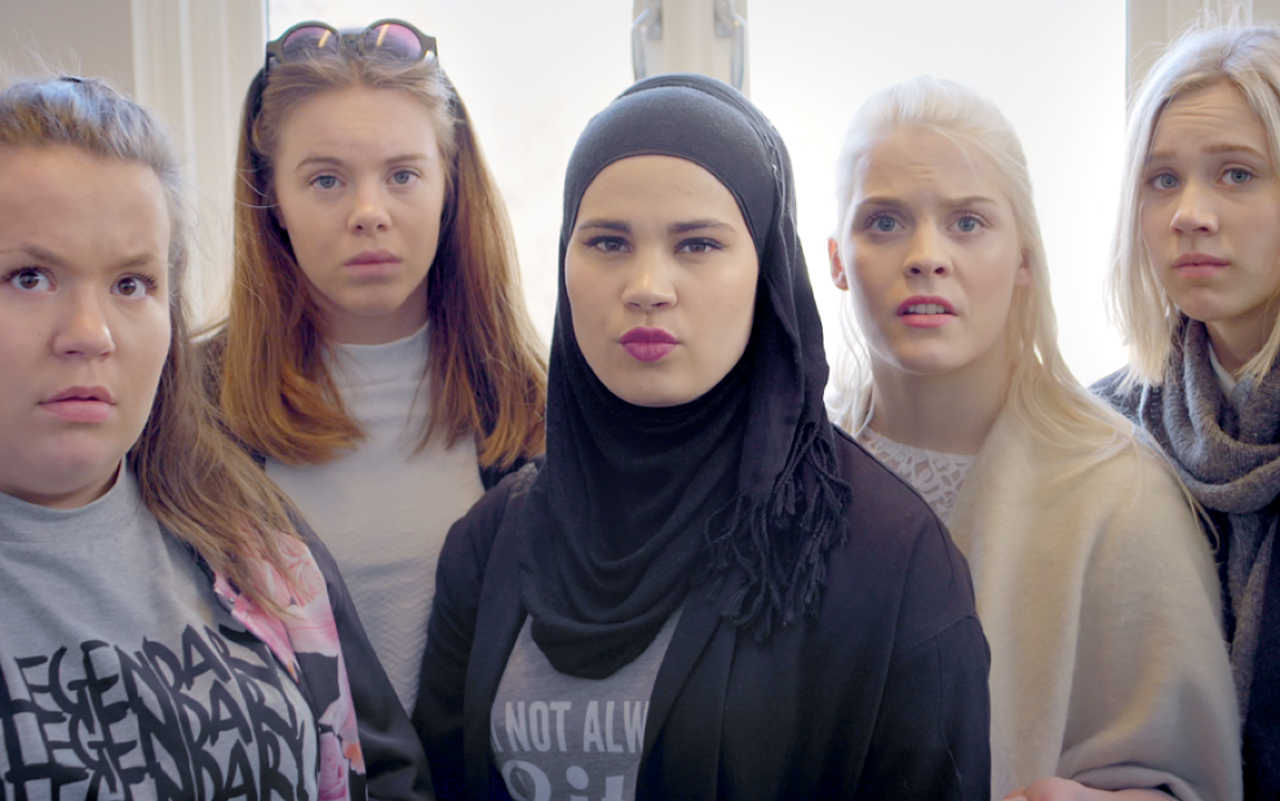
When Julie Andem was asked to bring teenagers to NRK (essentially Norway’s version of the BBC) she couldn’t have foreseen how successful she’d be. After NRK allowed her to spend six months pre-production interviewing young Norwegians, Andem made Skam, a high school drama set in Oslo. Meaning “shame”, Skam was praised for its realism: plots reflected the genuine problems of Norwegian youth, and Andem cast real teenagers to play its characters.
It collapsed the boundaries between life and fiction with a ground-breaking release strategy (short “clips” were released on NRK’s website as though live – so scenes set at 10:37am on Tuesday aired at 10:37am on Tuesday) and immersive extra materials (between these clips, screenshots of characters’ instant messages would appear on the site, and viewers could also follow the lives of characters through real Instagram accounts run by the actors).
A romance between two boys, Isak and Evan, in the show’s third season, saw Skam go viral. This was no small feat: as NRK’s licensing deals meant the show could only be aired in Norway, the show only gained international popularity after Norwegian viewers painstakingly translated it, making their own subtitled versions and distributing them by a series of underground Google Drive links.
The intensity of its following has seen the show remade across Europe, and this month SKAM Austin, the Texas-set American remake, became the second drama to air on Facebook’s video-on-demand service, Facebook Watch. It’s a chance for Skam to find an even bigger audience, but it’s also a bid from Facebook to appeal to its dwindling teenage demographic.
Facebook owns Instagram, and in a similar move to the original show’s extra materials, it has created accounts for the remake’s characters with one key difference: they’re backdated. Bending the site’s rules to accommodate the fictions of Skam, you can scroll through the Instagram account of lead character Megan all the way back to August 2016. There are more subtle influences too: the characters use Facebook Chat and Instagram within the show to communicate, slightly more than in the Norwegian original.
Skam was a worldwide cult hit thanks to the realism sought after by a public broadcaster, and the organic community that sprung up around it; it remains to be seen whether this corporation-led remake will have the same feel (it’s hard to imagine Facebook funding a TV writer to spend half a year talking to teenagers). But it does tell us something about entertainment and social media, and their increasingly intertwined futures.
This article appears in the 02 May 2018 issue of the New Statesman, What Marx got right






